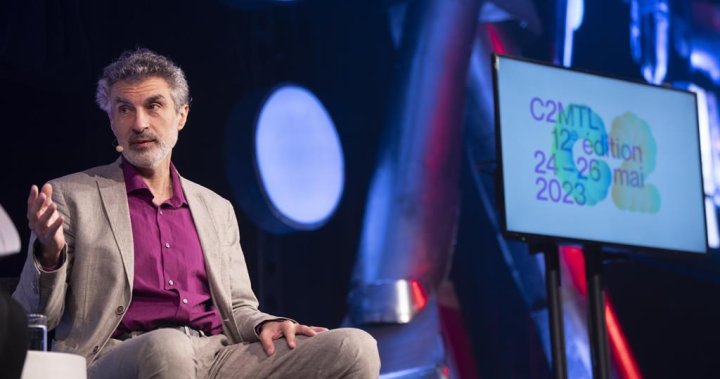A recent major international report on the safety of artificial intelligence highlights the uncertainty surrounding the risks and potential impact of AI technology. The report, chaired by renowned AI expert Yoshua Bengio, states that the future trajectory of general-purpose AI is highly uncertain, with a wide range of potential outcomes, both positive and negative. Commissioned at last year’s AI Safety Summit in the United Kingdom, the report was released ahead of an upcoming global summit on AI to be held in Seoul, South Korea.
The U.K. government has hailed the report as the first-ever independent, international scientific report on AI safety, with contributions from 75 experts, including a panel nominated by 30 countries, the European Union, and the United Nations. The interim report focuses on general-purpose AI systems like OpenAI’s ChatGPT, which can generate text, images, and videos based on prompts. Despite ongoing debates among experts on various aspects of AI capabilities, risks, and mitigations, there is consensus on the potential risks AI poses, including harm through fake content, disinformation, fraud, cyberattacks, and biased decision-making in critical areas like healthcare, job recruitment, and financial lending.
One of the key areas of contention among experts is the likelihood of risks such as widespread job displacement, AI-enabled hacking or biological attacks, and the loss of control over general-purpose AI by society. While some experts believe that current general-purpose AI technology does not pose a significant risk in terms of loss of control, continued advancements in autonomous AI systems could potentially lead to such a scenario where humans are unable to control the technology, even when it may be causing harm. The report underscores the importance of addressing these risks and implementing effective mitigations to prevent negative outcomes in the future.
The report points to the rapid development of advanced AI systems and the need for careful consideration of how these technologies may impact various aspects of our lives and work in the future. With the growing complexity of AI systems and the potential for unintended consequences, experts are divided on the plausibility, timing, and difficulty of mitigating loss-of-control scenarios. A final version of the report is expected by the end of the year and will continue to inform discussions and decision-making on AI safety at the global level, including at the upcoming summit in South Korea.
Overall, the report highlights the pressing need for a comprehensive understanding of the risks and benefits associated with AI technology and the importance of ongoing collaboration and dialogue among experts, policymakers, and stakeholders to ensure the responsible development and deployment of AI systems. As AI continues to advance at a rapid pace, it is crucial to address potential risks proactively and implement safeguards to mitigate adverse effects, safeguarding against potential harm and ensuring that AI technology contributes positively to society in the long run.


